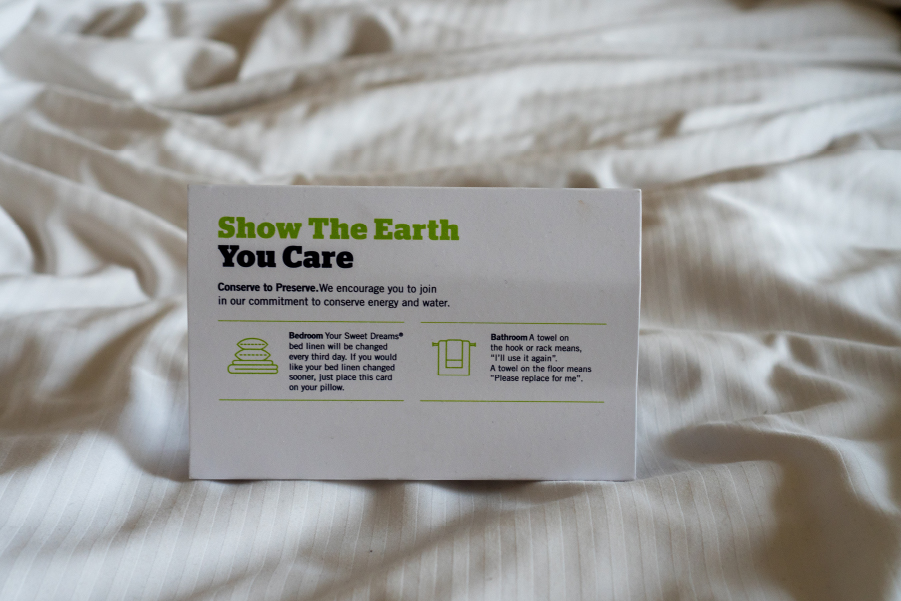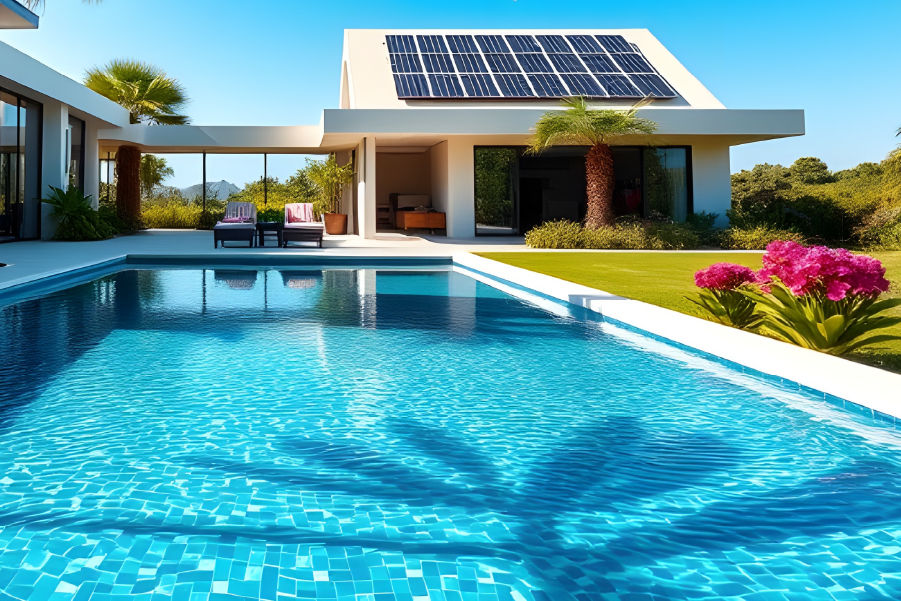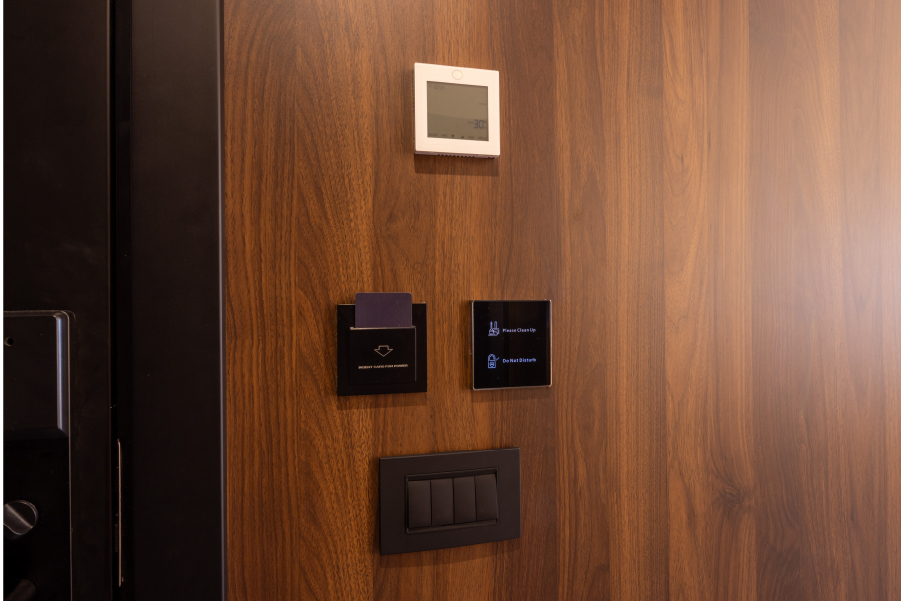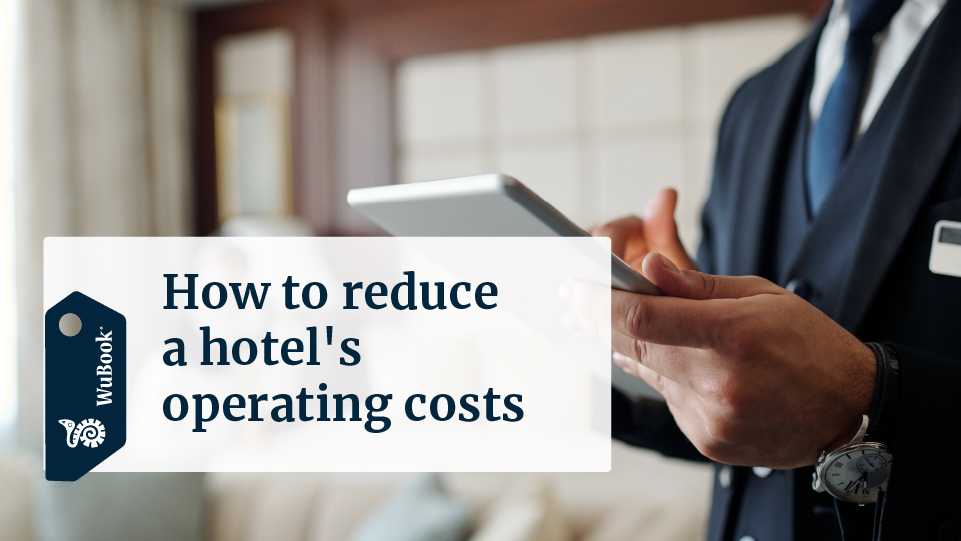Dear WuBookers, those who run a hotel, B&B or vacation rental know that they have to deal with the expenses that the facility and its operations require. These are very often fixed expenses, such as staff or utilities, which can hardly be eliminated altogether. However, there are some ways to reduce these costs and optimize hotel economies without compromising service quality. How? Let’s see it together in this article.
How much does it cost to operate the hotel?
The first step in figuring out where and how to cut back is to know what the hotel’s expenses are and how much each one amounts to. At this stage it is important to make an accurate list of all costs, fixed and variable. Thus, the list should include: staff (internal and external), utility bills and utilities (water, power, gas, wi-fi), other supplies (food and beverage or linen), programs and software (security, management, home automation, more), marketing and communications, including any commissions for OTAs or printing and online promotion costs.
Once this is done, it is a good idea to focus on the largest items, that is, those that weigh most heavily on the facility’s portfolio, to try to lighten them. Unfortunately, there is no standard situation and every hotel or B&B has different economies, however, it is possible to follow some general tricks to try to lower costs.

5 tips to reduce hotel costs
Net of market fluctuations and occupancy, there are costs that can be kept in check simply by adopting some good management and operational practices.
1. Managing resources wisely
In recent years, partly due to the recent geopolitical situation, the price of energy and other resources has risen sharply. Passing these costs on to the end customer, perhaps by raising rates, is not always a winning strategy because it risks making the facility less competitive and, therefore, less attractive to potential guests.
Better then to opt for careful and judicious management of electricity, or even for an ecological conversion of the entire building or apartment.
Regarding the first route, it is advisable, for example:
- Raise staff and guests’ awareness of resource use by properly training staff and urging guests not to waste energy (as well as water and gas). To do this, it may be sufficient to incorporate dedicated messages in online communications and provide some reminders inside rooms and in common spaces;
- replace all incandescent bulbs with LED lights, which are just as powerful but consume significantly less;
- make use of technology to reduce waste. Indeed, occupancy sensors and other home automation solutions make it possible to regulate the switching on and off of heating and cooling devices even remotely;
- equip yourself with photovoltaic panels, which allow you to store energy and thus limit the need for external supply.
On the other hand, if you have the possibility of a major renovation of the hotel or if you are in the presence of a new construction, better to choose the path of environmental sustainability in all respects. A solution that is often encouraged by national and international administrations, advantageous economically (and ecologically) and appreciated even by travelers, who increasingly seek eco-friendly vacation spots and equipped with green certifications.
2. Taking care of the structure: better safe than sorry
Is a sink leaking? Does a doorknob squeak? Is a carpet torn? Better take care of it right away. This applies to the furniture, but also to the facilities and the rest of the structure.
In fact, in addition to repairing any malfunctions, however small they may seem, it is important to organize a scheduled and regular maintenance service to check the efficiency of the drains, the pool (if any), the garden irrigation system, and so on.
Doing so, in addition to ensuring adequate levels of safety and comfort, will prevent as much as possible sudden breakdowns and failures, which can cause inconvenience, emergency expenses, and customer dissatisfaction.
It is, in other words, an investment, useful for reducing the risk of last-minute repairs, which are generally more expensive than preventive maintenance.

3. Train staff for optimal management, even in a crisis
Another factor that significantly affects hotel costs is the staff. When the staff is well trained, in fact, all management is positively affected: greater general efficiency is assured, customers can count on quality service, and any unforeseen events can be handled quickly and in the best possible way.
Improvisation and scattering, on the contrary, are not only bad advice, but risk generating extra costs, related to lost time or failure of the solutions adopted.
Moreover, a staff that knows its work and that of others well is also able to overcome any temporary failures related, for example, to the sickness absence of colleagues or technical or technological malfunctions.
4. Choose reliable and high-performance operational tools
Even the best staff in the world cannot work well if the facility is not properly organized. A very important aspect, which translates into living costs for the hotel: the less smooth and clear the procedures are, the more expenses will be activated. Staff will spend more time doing simple chores, there may be more people assigned to the same task, there will be a need to run for cover more times than normal.
A scenario to avoid if the intent is to save money (and provide great service).
That’s why choosing management software is always a good idea, especially if it’s programs developed specifically for hospitalitylike Zak, WuBook’s hotel PMS.
How can a tool like Zak affect hospitality economies?
More than one:
- is an all-in-one management, which means that it concentrates within it several functionalities for which, conversely, it would be necessary to purchase more software, thus spending much more;
- allows you to organize the activities of the cleaning staff according to actual needs and reservations received;
- greatly alleviates the work of the front desk because it allows guests to autonomously check in online, thus also speeding up all procedures related to the registration and transmission of institutional reports;
- facilitates communication with customers through the ability to program automatic messagesto be sent, for example, whenever a guest makes a reservation or to ask for a review, and so on;
- with the Channel Manager, updating prices and availability on external sales channels is easy and straightforward: thus avoiding wasted time and reducing potentially even very costly errors;
- thanks to the integrated Booking Engine, customers can select dates and types of accommodation independently and finalize the reservation directly from the property’s website, making the whole process much more streamlined for both parties. A mode that, if encouraged and promoted, can also help tolower investment in OTAs.
In summary, by entrusting the PMS with all of the most burdensome administrative and manual operations, it is possible to lighten operations and, therefore, make better and more profitable use of available resources.
5. Carefully evaluate the marketing strategy
Communication and marketing are essential to bring visibility and reservations. However, not all activities are sustainable or produce useful results.
Again, therefore, the first thing to do is a comprehensive reconnaissance to understand which channels to keep active (and how), and which ones can be replaced or eliminated.
For example, if your facility attracts mostly business travelers or works well with the MICE segment, you might realize that LinkedIn is the most profitable channel, while TikTok might work less.
If, on the other hand, you are targeting an audience of families or young couples, it is possible that social media such as Facebook or TikTok or activities such as influencer marketing will prove particularly effective.
The advice, in general, is not to jump to conclusions right away but to consider each tool over a sufficiently long period and taking into account the peculiarities of each. Once you have identified the most promising and productive ones, it will be easy to see where to cut.

Other aspects to consider to lower spending
Other possible interventions to reduce expenses without affecting the quality of the offer, concern for example contracts with suppliers: negotiating to obtain similar utilities or services but at lower prices can be a winning strategy.
The conditions related to insurance can also be checked and possibly revised: so check whether the coverage in place is suitable for your facility and whether there are ways to reduce its economic burden.
Finally, critically analyze the space: are there underutilized areas that could be upgraded? If so, get to work on reevaluating and enhancing them by, for example, creating areas equipped for sports or work, capable of attracting new slices of the public such as smart workers and other people interested in work.
As anticipated, not all realities are equal, and the advice seen so far may not apply to all. However, they are a good starting point for trying to understand where the money is going and how it might be invested to increase revenue.
